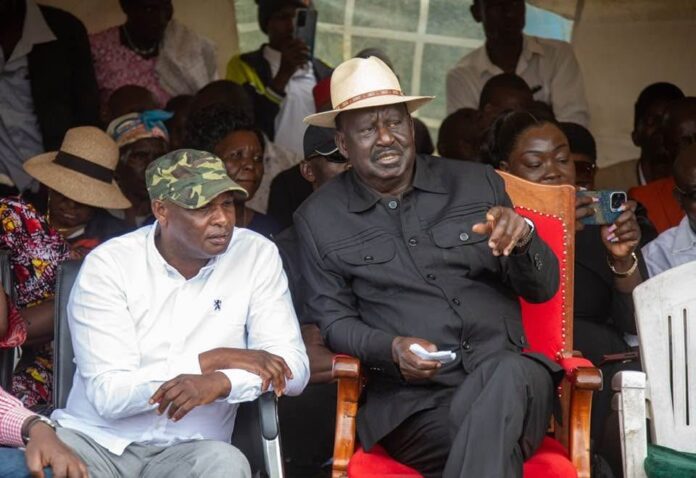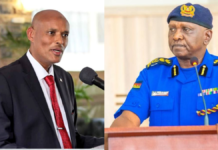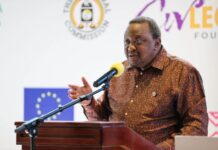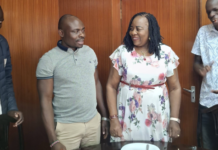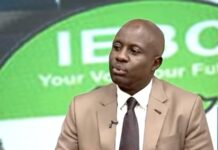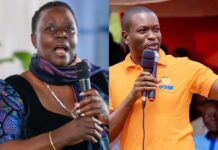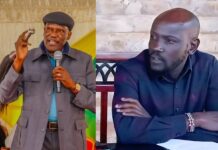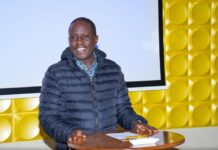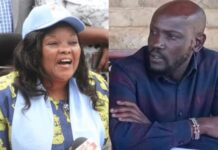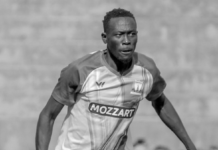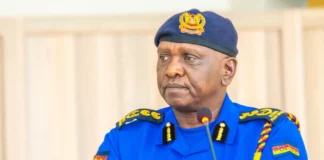ODM leader Raila Odinga has called for the launch of a broad-based national dialogue next month, proposing a 1,880-member conclave made up of delegates drawn from all 47 counties.
Speaking at a funeral service in Bomet on Saturday, Raila said the forum would offer a credible and peaceful path out of the country’s mounting political and social tensions.
“This should not just be intergenerational—it must be representative of Kenya’s full diversity,” Raila said.
He proposed that each county nominate 40 delegates: 20 young people and 20 others drawn from elders, women, people with disabilities, farmers, business owners, and members of civil society.
The proposed “national conclave” was first floated by Odinga during the Saba Saba commemorations earlier this month.
He reiterated Saturday that its goal would be to craft “irreducible reforms” on issues such as police brutality, judicial inefficiency, corruption, and youth unemployment.
Raila insists that the resolutions of the conclave should be subjected to a public referendum.
“We must listen to these young people. They are not protesting for nothing. These are our children. Their frustrations are legitimate and must not be ignored,” he said, referring to the wave of youth-led protests that have rocked the country since late June.
Raila warned that if the country does not address this anger constructively, it risks entering the 2027 elections with greater divisions and resentment. “Hasira ni hasara,” he said.
He also dismissed calls to oust President William Ruto, saying the problem runs deeper than individual leadership.
“Ruto must go is not a solution. Even if you put Gachagua there, nothing will change unless we address the root causes,” he told mourners.
In a pointed rebuke to Rigathi Gachagua, the former Deputy President, Raila rejected claims that certain groups hold greater stakes in government. “Kenya is for every Kenyan—Luo, Kikuyu, Somali, Kalenjin, Mijikenda, Maasai. No one owns this country,” he said.
The opposition leader concluded by urging Kenyans to support dialogue over confrontation, saying meaningful national healing can only be achieved through inclusive conversation, not political exclusion.









